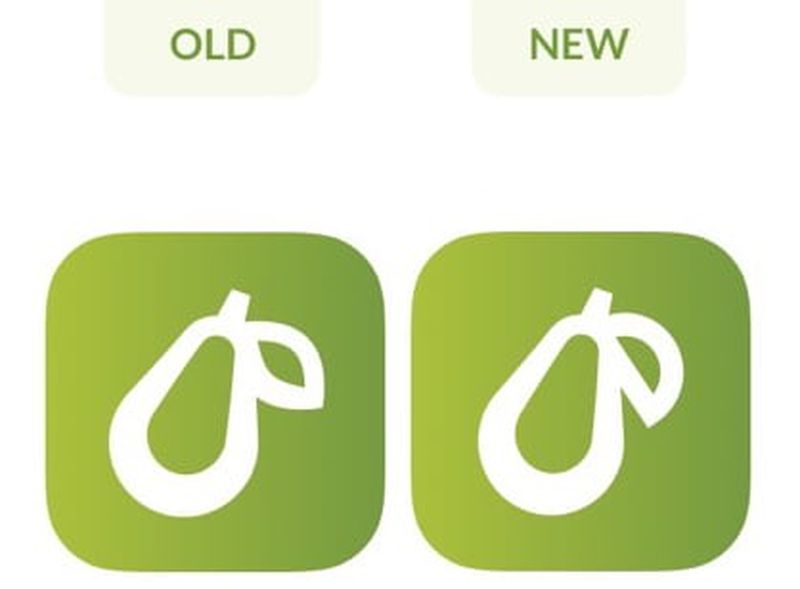With its seemingly endless financial potential, Apple has spared no effort and money to protect its apple mark, even though there were numerous cases where it was considered an infringement despite the lack of apple mark in the opposition.

Trademarks for which Apple has filed its objections against
The New York Times, citing statistics from the Tech Transparency Project, a non-profit organization, stated that from 2019 to 2021, Apple filed 215 lawsuits against trademark registrations to protect the apple logo and name, Apple. For comparison: during the same period, similar filing from Microsoft, Amazon, Facebook and Google combined were only 136.
However, one can understand Apple action when taken into account that the Apple’s apple brand is being used to deceive consumers all over the world, especially developing countries, like Vietnam, India, Laos, etc.

A trademark similar to Apple
Another matter is that, the word “apple” is also a name that appears frequently in trademark registration, so Apple has to work extra hard to protect the brand. However, sometimes its overprotected this property, even suing places that have nothing to do with the technology or insignificant product.

The trademark of the diet app “Prepear” after being asked to change the trademark by Apple
Not only small tech start-ups, but also organizations that are not related to technology also unwillingly took part into this unwanted legal battles. For example: an Indian food blog; US Department of Energy; a school district in Appleton, Wisconsin.
For the organizations being sued, this is not an easy choice, especially for brands that have been in business for nearly 10 years, such as the Candy Apple Blue and Franki Pineapple bands.

The stage name and logo of a not-so-popular singer Stephanie Carlisi were objected by Apple, arguing that “both are fruit names, thus conveying the same commercial impression.”
It is worth mentioning that Apple sues both registered and protected entities by the US Patent and Trademark Office. They argued that “the Apple trademark is so well known and instantly recognizable” that other [similar] trademarks would weaken the Apple brand or make “the average consumer believe that they are related, is a member or is endorsed by Apple”.

Apple’s logo throughout the years
However controversial this tactic might prove, the fact is that this strategy is effective. Between 2019 and 2021, 31 units, representing 17% of the total number of units sued by Apple, withdrew their trademark applications. Another 127 units, or 59%, did not respond to Apple’s arguments, i.e. silently surrendering.
One of the most obvious reasons for this efficiency is the financial disparity. The average cost to hire a lawyer for a court dispute in the US is $100,000, and can even go up to $164,000, according to the American Intellectual Property Bar Association.

The logo of a school in the Appleton, Wisconsin area was filed against by Apple
With a brand worth over $2 trillion, that’s is an insignificant cost, but for start-ups, even the average company, that cost is prohibitively high. An Intellectual Property attorney compares this strategy to “scorched earth” strategy in the military, with the goal of scouring the United States for every single fruit-shaped trademark.
Source : The New York Times (original title: Apps and Oranges: Behind Apple’s ‘Bullying’ on Trademarks) and Weekend Tuoi Tre Newspaper









